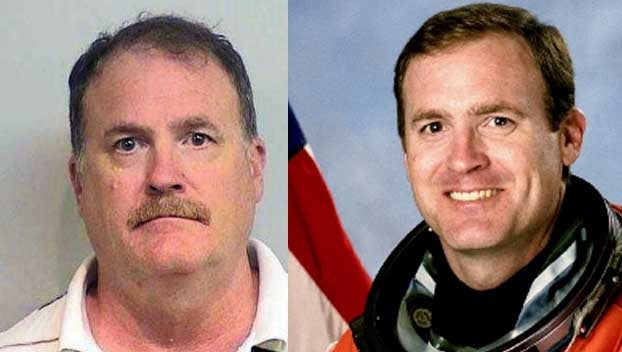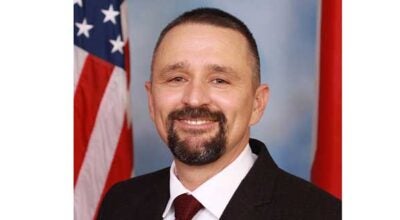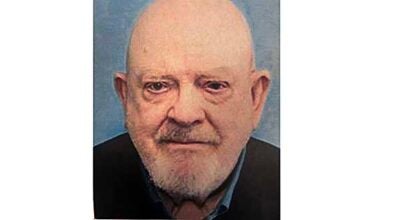Judge says jurors cannot hear ex-astronaut’s DUI history at trial over fatal wreck
Published 8:58 am Wednesday, January 29, 2020
A judge has barred prosecutors from telling jurors about a former astronaut’s drunken driving conviction during his upcoming trial over a wreck that killed two young sisters in rural Alabama.
Tuscaloosa County Circuit Judge Allen May issued the ruling Tuesday in the reckless murder case against retired NASA space shuttle pilot James Halsell, 63, who has pleaded not guilty.
Halsell is set to go on trial in early March in a car crash that killed two girls and severely injured their father and a woman in 2016.
May agreed with defense claims that prosecutors shouldn’t be able to use evidence of Halsell’s 2014 DUI conviction in California since tests showed no alcohol in his system after the Alabama wreck.
But Halsell refused to voluntarily submit to a blood test after the Alabama crash, prosecutors wrote in a court document.
That resulted in a delay in testing while authorities sought a court order to allow a test that eventually showed no alcohol in his system, they said.
“He should not now be allowed to have this information excluded,” prosecutors said in written arguments.
Halsell, who lives in Huntsville, retired from NASA in 2006. He was convicted of drunken driving in December 2014 following a wreck in Los Angeles months earlier, and a test measured his blood-alcohol content at .12%, prosecutors said.
The defense in the Alabama case has said it plans to argue that Halsell had an adverse reaction to the sleep medication Ambien and was involuntarily intoxicated when his car struck another vehicle, killing 11-year-old Niomi Deona James and 13-year-old Jayla Latrick Parler. Their father was driving.
Authorities plan to show jurors evidence that Halsell drank a bottle of wine in the hours before the wreck and have an expert testify about the estimated amount of alcohol in his system when the wreck occurred, prosecutors said in documents.
Halsell, who is free on bond, flew five shuttle missions before retiring from NASA. He worked in the private aerospace industry before the crash.





